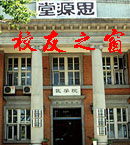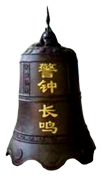|
张连泰
张连泰,辽宁大连人。 热爱大连,经常和我们谈起海边城市大连的美丽诱人, 因此同学们常以“大连”称呼他。 1965年毕业前夕,与同班同学吴则田一起提前毕业分配到北京国防部外事局。 张连泰曾任驻坦桑军事专家组翻译,我国驻外使馆武官等职务,为我国领导人做翻译。上世纪八十年代曾到美国University of Michigan 留学。
  
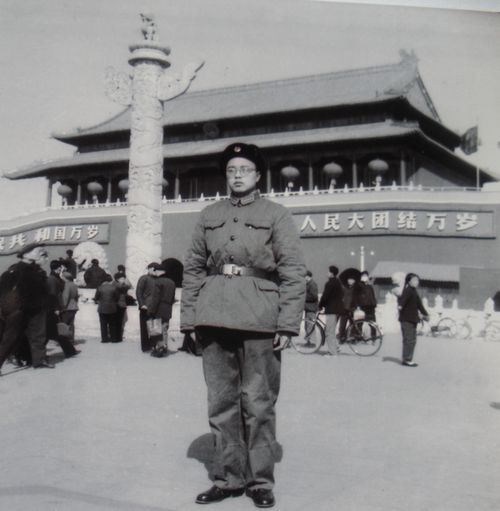
张连泰, 1965年1月

张连泰(右一)回母校与高东山在校门口桥上留影,1984
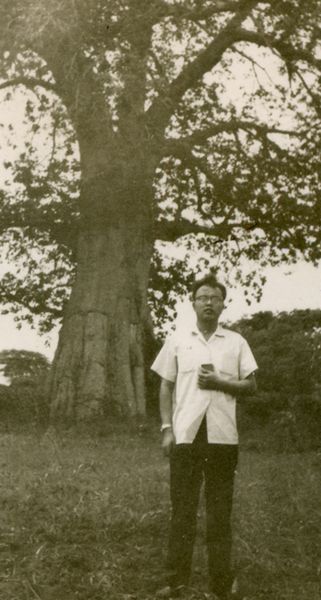
连泰在坦桑 -- 手拿《毛主席语录》于胸前,站立在猴面包树下(1968).
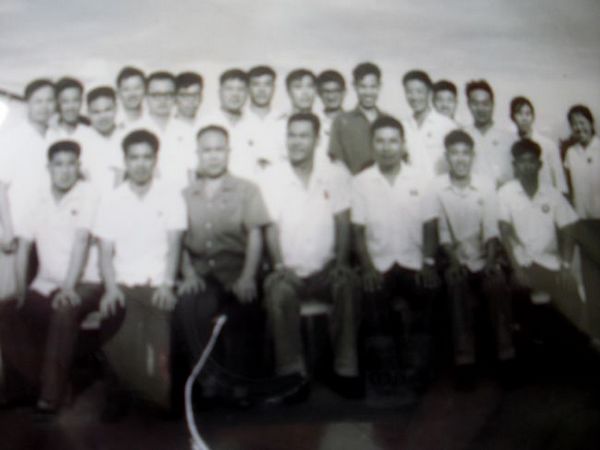
连泰在坦桑 -- 后排左起第四人为医疗组组长杨虎生,第五人为连泰,后排右数第三人为潘医生 (1968)
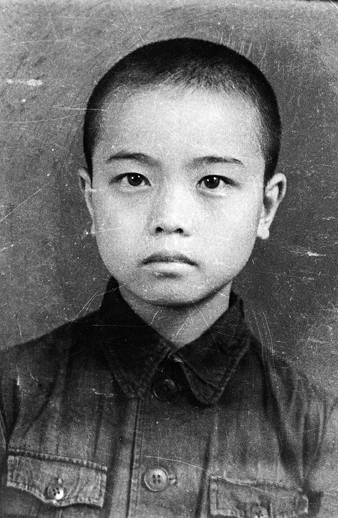
连泰初中学生证照片
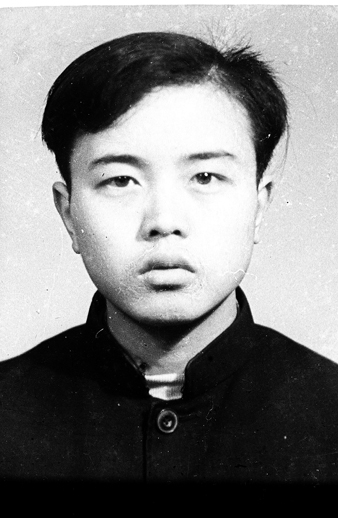
连泰大学学生证照片(1960)
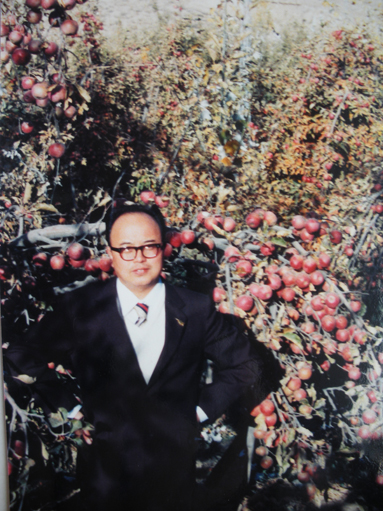
1985年连泰在克什米尔(巴基斯坦控制区)苹果园
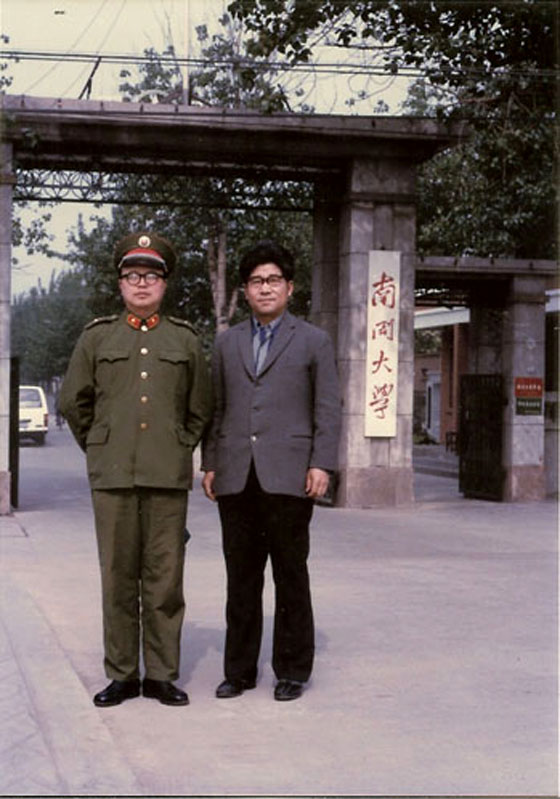
连泰(左一)回母校与高东山在校门留影,1984
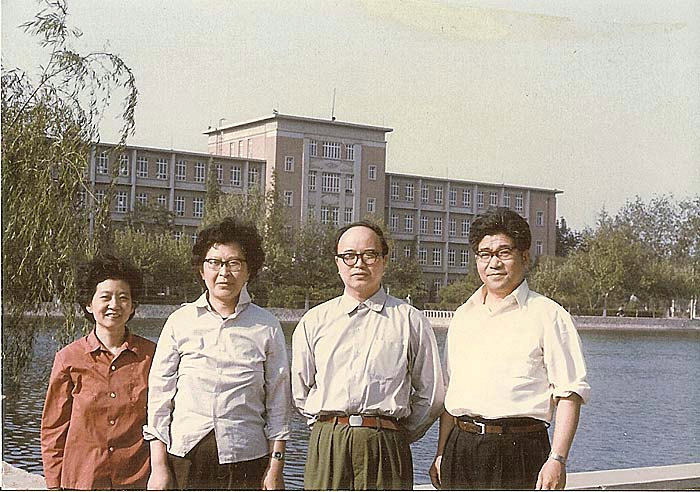
欢迎连泰回校左起:谷启楠、孙毅兵、张连泰、高东山
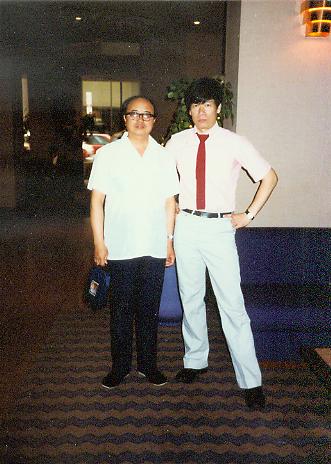
连泰(左一)与梁一雄,Philadelphia 1980
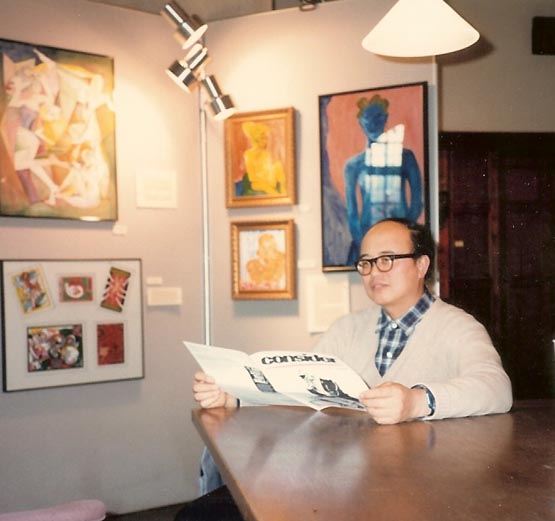
连泰在读书 1988
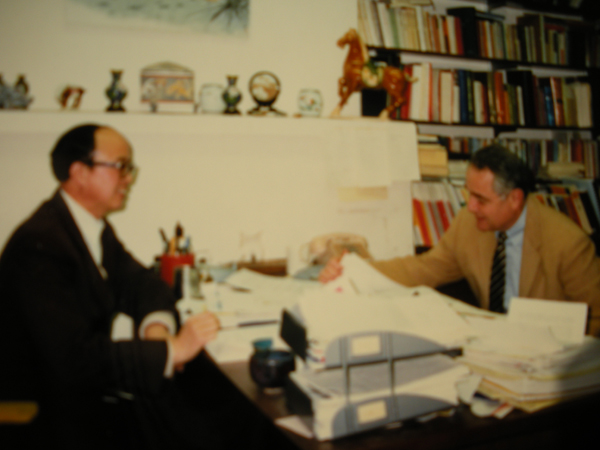
连泰与导师,密执根大学 1988
|
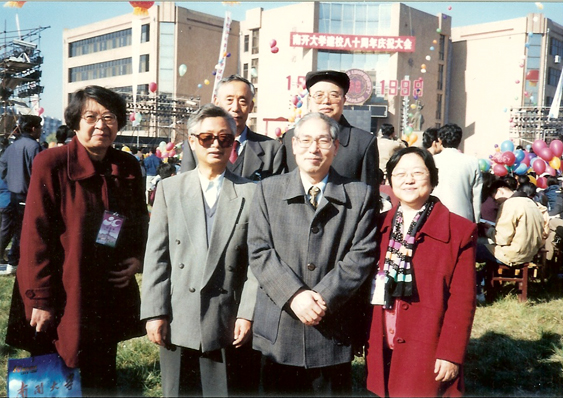 后排右一为连泰,1999 天津
后排右一为连泰,1999 天津 |
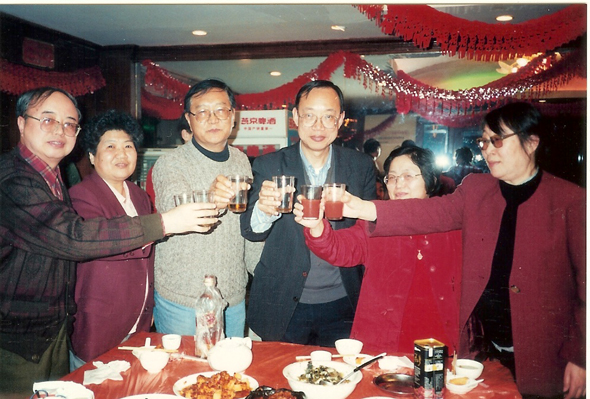
左一为连泰,1999 北京
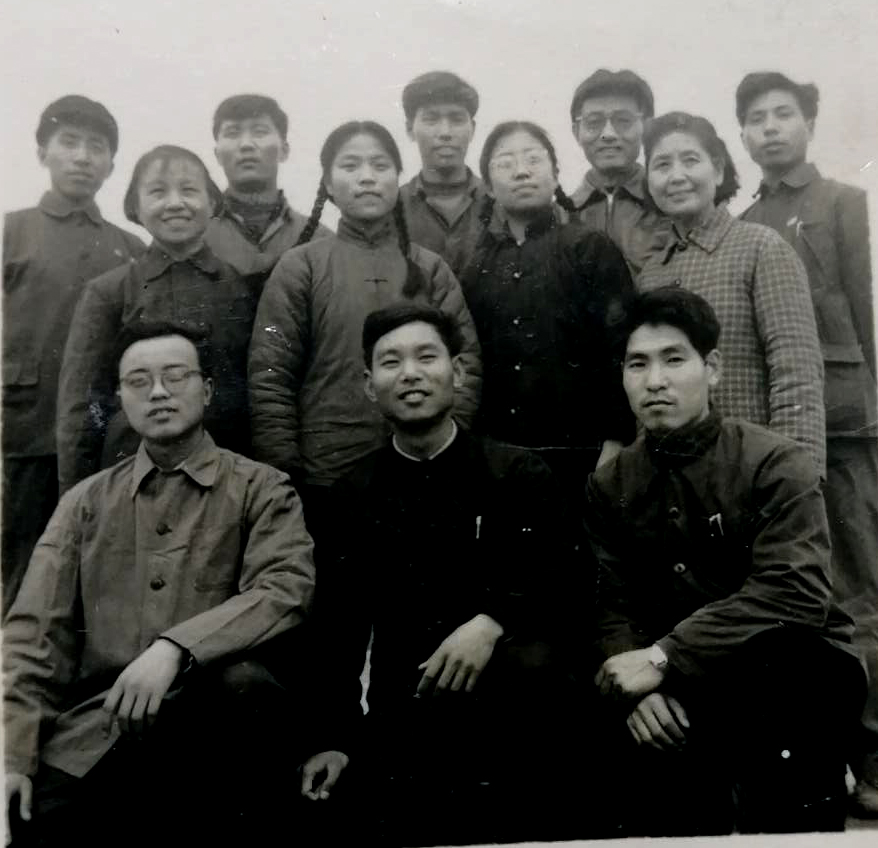
前排左起张连泰、吴则田、刘焕群;二排左起吕玉池团总支书记、王蕴茹、张培华、殷辉老师;三排左起宮自强、朱文俊、刘士聪、金隄老师、佟学龄。
 
 我的第一次探家 我的第一次探家
 吃“百家餐”共庆春节 吃“百家餐”共庆春节
 一次难忘的巡回医疗-忆在坦桑援外 一次难忘的巡回医疗-忆在坦桑援外
 行走在平均海拔最高的公路上 (附一封信) 行走在平均海拔最高的公路上 (附一封信)
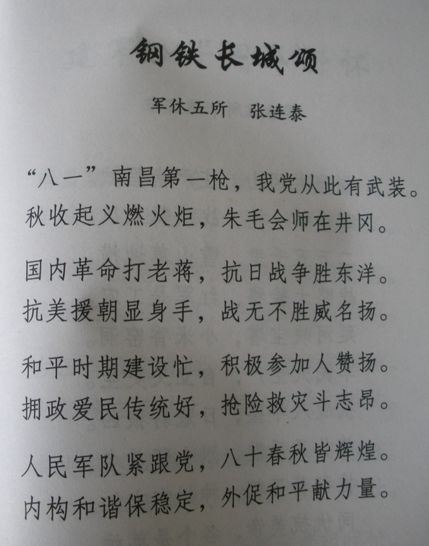
2008年庆祝建军八十周年“八一红旗飘诗文集”中连泰的一首诗
 
|
American Poet Philip Freneau (1752-1832) |
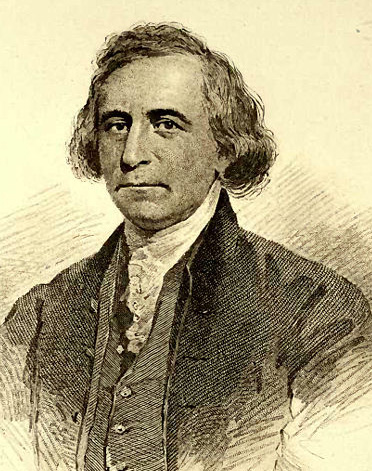
(This work of art is in the public domain.)
Philip Morin Freneau (1752 – 1832) was a notable American poet, nationalist, polemicist, sea captain and newspaper editor; well-known as the "Poet of the American Revolution". Freneau was born in New York City, the oldest of the five children of Huguenot wine merchant Pierre Fresneau and his Scottish wife. Philip was raised in Monmouth County, New Jersey where he studied under William Tennent, Jr.. He entered the College of New Jersey, now Princeton University, as a sophomore in 1768 to study for the ministry.
Freneau's close friend at Princeton was James Madison, a relationship that would later contribute to his establishment as the editor of the National Gazette. As the Revolutionary War approached in 1775, Freneau wrote a number of anti-British pieces. However, by 1776, Freneau left America for the West Indies, where he would spend time writing about the beauty of nature. In 1778, Freneau returned to America, and rejoined the patriotic cause. Freneau eventually became a crew member on a revolutionary privateer, and was captured in this capacity. He was held on a British prison ship for about six weeks. This unpleasant experience, detailed in his work, "The British Prison Ship" would precipitate many more patriotic and anti-British writings throughout the revolution and after.
In 1790 Madison and Thomas Jefferson worked to get Freneau to move to Philadelphia in order to edit a partisan newspaper that would counter the Federalist newspaper The Gazette of the United States. Jefferson, then head of the State Department, offered Freneau a position in Philadelphia as a State Department translator. Freneau accepted this undemanding position, which allowed him enough free time to head up the Democratic-Republican newspaper Jefferson and Madison envisioned.
Freneau later retired to a more rural life and wrote a mix of political and nature works. The non-political works of Freneau are a combination of neoclassicism and romanticism. His poem "The House of Night" makes its mark as one of the first romantic poems written and published in America. The gothic elements and dark imagery are later seen in poetry by Edgar Allan Poe, who is well known for his gothic works of literature. Freneau's nature poem, "The Wild Honey Suckle" (1786), is considered an early seed to the later Transcendentalist movement taken up by William Cullen Bryant, Ralph Waldo Emerson, and Henry David Thoreau. Romantic primitivism is also anticipated by his poems "The Indian Burying Ground," and "Noble Savage."
 
The Wild Honey-Suckle
by Philip Freneau
Fair flower, that dost so comely grow,
Hid in this silent, dull retreat,
Untouched thy honied blossoms blow,
Unseen thy little branches greet;
...No roving foot shall crush thee here,
...No busy hand provoke a tear.
By Nature's self in white arrayed,
She bade thee shun the vulgar eye,
And planted here the gaurdian shade,
And sent soft waters murmuring by;
...Thus quietly thy summer goes,
...Thy days declinging to repose.
Smit with those charms, that must decay,
I grieve to see your future doom;
They died--nor were those flowers more gay,
The flowers that did in Eden bloom;
...Unpitying frosts, and Autumn's power
...Shall leave no vestige of this flower.
From morning suns and evenign dews
At first thy little being came:
If nothing once, you nothing lose,
For when you die you are the same;
...The space between, is but an hour,
...The frail duration of a flower. |
| |
The Indian Burying Ground
by Philip Freneau |
|
| |
In spite of all the learn'd have said;
I still my old opinion keep,
The posture, that we give the dead,
Points out the soul's eternal sleep.
Not so the ancients of these lands --
The Indian, when from life releas'd
Again is seated with his friends,
And shares gain the joyous feast.
His imag'd birds, and painted bowl,
And ven'son, for a journey dress'd,
Bespeak the nature of the soul,
Activity, that knows no rest.
His bow, for action ready bent,
And arrows, with a head of stone,
Can only mean that life is spent,
And not the finer essence gone.
Thou, stranger, that shalt come this way.
No fraud upon the dead commit --
Observe the swelling turf, and say
They do not lie, but here they sit.
Here still lofty rock remains,
On which the curious eye may trace,
(Now wasted, half, by wearing rains)
The fancies of a older race.
Here still an aged elm aspires,
Beneath whose far -- projecting shade
(And which the shepherd still admires
The children of the forest play'd!
There oft a restless Indian queen
(Pale Shebah, with her braided hair)
And many a barbarous form is seen
To chide the man that lingers there.
By midnight moons, o'er moistening dews,
In habit for the chase array'd,
The hunter still the deer pursues,
The hunter and the deer, a shade!
And long shall timorous fancy see
The painted chief, and pointed spear,
And reason's self shall bow the knee
To shadows and delusions here. |
|
|
On The Death Of Dr. Benjamin Franklin
by Philip Freneau |
|
| |
Thus, some tall tree that long hath stood
The glory of its native wood,
By storms destroyed, or length of years,
Demands the tribute of our tears.
The pile, that took long time to raise,
To dust returns by slow decays:
But, when its destined years are o'er,
We must regret the loss the more.
So long accustomed to your aid,
The world laments your exit made;
So long befriended by your art,
Philosopher, 'tis hard to part!--
When monarchs tumble to the ground,
Successors easily are found:
But, matchless FRANKLIN! what a few
Can hope to rival such as YOU,
Who seized from kings their sceptered pride,
And turned the lightning darts aside. |
|
|
 
|
   
|
